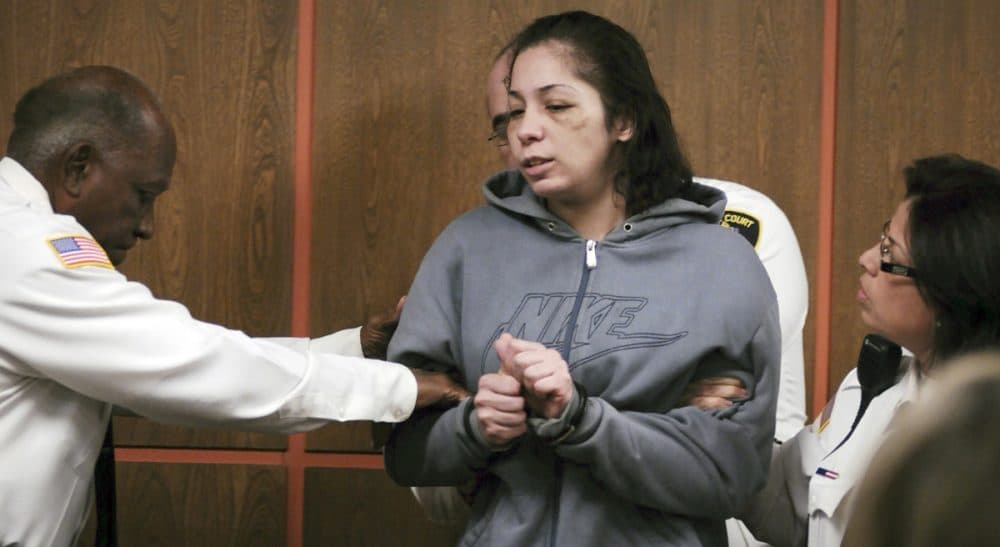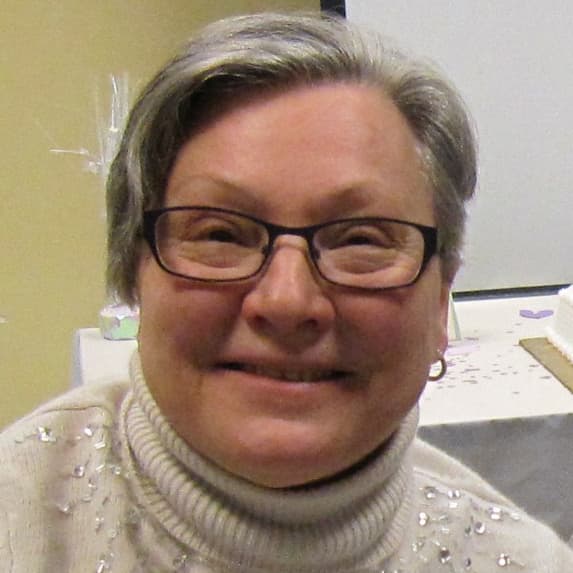Advertisement
Children Like Jeremiah Oliver Need DCF – And DCF Needs Help

Ever since information about the disappearance of Jeremiah Oliver has come to light, a lot has been written about the effectiveness of the Department of Children and Families (DCF) in protecting children. As a former DCF attorney, I know from experience that DCF staff care deeply about the children they serve, and were as shocked and saddened as you and I — if not more so — to hear about his disappearance.
Behind all the headlines and the hand-wringing, we have to remember that we’re talking about kids. They need our guidance and care. They need our help to succeed. They need us to be there for them, not only in their times of greatest need, but when they face the long and sometimes bumpy road of building a good life for themselves.
As a former DCF attorney, I know from experience that DCF staff care deeply about the children they serve, and were as shocked and saddened as you and I -- if not more so -- to hear about [Oliver's] disappearance.
The children who come to the attention of DCF are innocent victims of abuse and neglect. These children are our children — and the citizens of the commonwealth need to ensure that they are safe, and that they and their families receive all of the services they need. In order to help our children, DCF also needs help. We can speculate about the proper role of government in people’s lives and how the government should or should not spend our tax dollars. These conversations can be very abstract. But for children in the care of the commonwealth, this is no abstraction. Sufficient funding means survival for these kids — and maybe even the opportunity to thrive. Children who thrive become adults that contribute to, rather than become a drain on, the society in which they live.
Adjusted for inflation, nearly $130 million has been slashed from the Department of Children and Families’ budget since 2009. As a result, more cases of abuse and neglect are being steered away from vital, life-saving services. Direct line social workers are expected to take on increasingly more complex cases without adequate support and training. Lack of funding also forced DCF to combine multiple area offices under one senior program manager, and to eliminate the supervisory positions that were the backbone of the DCF quality assurance system.
Anyone who has children is acutely aware of the importance of an appropriate child-to-caretaker ratio. We obsess about it at schools, daycares, and even the temporary child care centers at our gyms. We also want to know that our teachers and daycare providers have proper training. Shouldn’t children in the care of the commonwealth be given the same consideration?
Gov. Deval Patrick recently released his budget for fiscal year 2015, his last budget as governor. Many have applauded him for including a $35.5 million increase for DCF over last year’s budget. I fear that this amount is not enough. Much of this proposed increase has already been allocated to other agency costs. In the end, only about $5.9 million will go directly towards services for children. This is a drop in the bucket compared to what we have lost in the last five years.
More money for DCF will allow us to not only improve the child-to-caretaker ratio throughout state, but to implement a number of badly needed policies and procedures, including weighted caseloads based on the severity of the cases, more training and support for front line social workers, and creating a fully independent Office of the Child Advocate, modeled on the inspector general, to be the true voice of children throughout the entire commonwealth.
Advertisement
Many have applauded [Gov. Patrick] for including a $35.5 million increase for DCF over last year’s budget. I fear that this amount is not enough.
Without this baseline of adequate funding and safety, it’s hard to see how we can address the long-term challenges that children in foster care face. The Children’s League is pressing forward, however, working with the Legislature to advance a bill that would:
-- create an economic development pipeline for foster care youth to access apprenticeships and mentorships, while providing tax credits to small businesses that offer employment opportunities;
-- require DCF to examine the free credit reports of all children in its care to determine any instances of identity theft;
-- and finally, develop a practical skills curriculum for foster care youth beginning at age 11, as well as a life coach program for long-term connections after the youth ages out of care.
In the meantime, we have a choice: we can continue to ignore the needs of our most vulnerable kids until we suffer the shock of another missing or murdered child, or we can begin to invest in a system that will ensure their safety and long-term success. The latter seems like a worthwhile investment to me.
Related:
